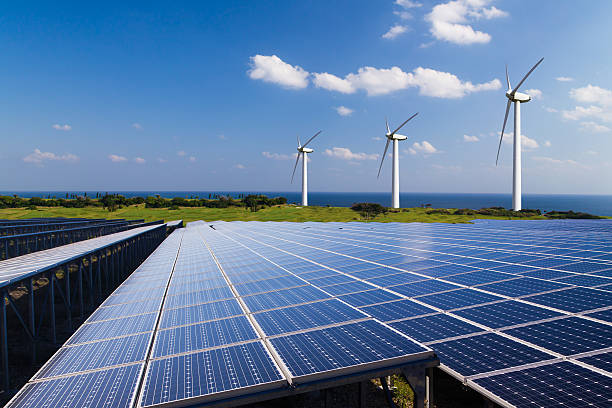At COP29 in Baku, Azerbaijan, stakeholders emphasized the need for equitable policies to drive Africa’s renewable energy transition.
Speakers, including the Chairman of Nigeria’s House Committee on Renewable Energy, Mr Victor Afam Ogene, and the Executive Director of INCLUDE, Dr Anika Altaf advocated for labour-based incentives, tax breaks, and vocational grants to empower youth and promote inclusivity in energy policies.
The side event, titled “Driving the Just Transition: Labor-Based Incentives and Youth-Centric Policies for a Sustainable Future,” was co-hosted by the Committee on Renewable Energy and INCLUDE.
Discussions highlighted the importance of addressing Africa’s unique energy challenges, including energy poverty, limited access, and youth unemployment, while contributing to global climate goals.
Dr. Altaf stressed the need for mentorship programs, financial support for youth-led renewable energy startups, and international funding to boost local initiatives.
She underscored the role of equitable policies in bridging systemic inequalities and empowering underprivileged communities to participate in the energy transition.
Victoria Manya, a panelist, outlined three critical points for Africa’s energy transition including the urgent need for job creation and energy access to tackle energy poverty, Africa’s minimal contribution to global emissions (less than 4%), requiring localized and fair transition strategies as well as the need for labor incentives to empower youth as leaders in the renewable energy sector.
Speakers stressed the importance of involving young people in policy formulation and decision-making, emphasizing skill-based employment opportunities and early exposure to technology, such as teaching coding skills to children.
“AI and digital technologies are key to fostering youth-led innovations, which are scalable and transformative in combating climate change,” the panel noted.
Participants called for partnerships among governments, private sector actors, and educational institutions to develop vocational training tailored to the renewable energy sector.
They urged international organizations to provide mentorship programs, direct funding for grassroots projects, and platforms for collaboration that prioritize local solutions.
Mr. Ogene emphasized the need for legislators and youth to participate in discussions on climate policy, ensuring policies align with Africa’s aspirations and challenges.
The event concluded with a unanimous call to transform dialogue into action, integrating youth-focused priorities into national energy policies and leveraging global forums to amplify Africa’s voice in the energy transition.


